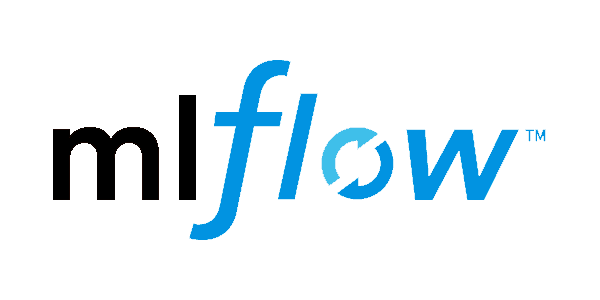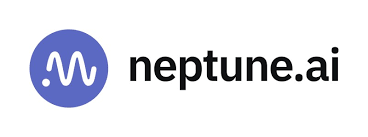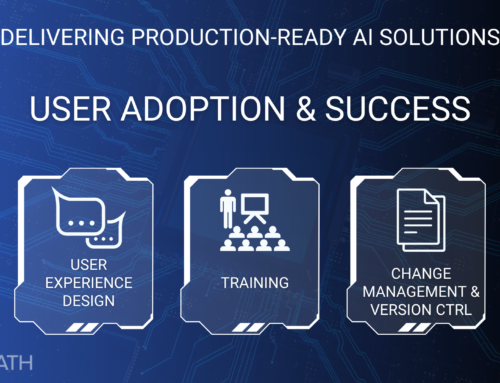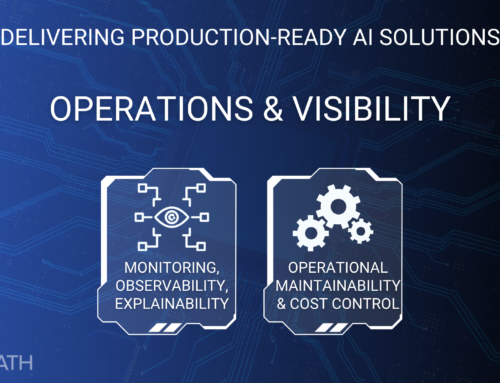
MLflow is an open-source platform designed to manage the complete machine learning lifecycle, from experimentation to production. It provides tools for tracking experiments, managing machine learning models through a centralized model registry, and facilitating deployment across various environments such as local, cloud, and Kubernetes. MLflow integrates with popular ML libraries like TensorFlow, PyTorch, and scikit-learn, making it highly flexible. It supports collaboration through integration with version control systems and can scale to handle large enterprise workflows. MLflow is ideal for teams that want a customizable, open-source solution to streamline MLOps processes.

Neptune is a specialized platform for experiment tracking and model registry in machine learning workflows. It helps data scientists and ML engineers efficiently log, organize, and compare experiments by tracking key metadata such as hyperparameters, metrics, and results. Neptune provides a centralized, cloud-based or on-premises environment where teams can collaborate, monitor model performance, and manage version control for models throughout their lifecycle. With its focus on detailed experiment tracking and intuitive interface, Neptune is ideal for teams that need robust experiment management without the need for extensive deployment or infrastructure management capabilities.

Dataiku is an end-to-end data science, machine learning, and analytics platform that enables both technical and non-technical users to collaborate on building, deploying, and managing data-driven projects. It offers tools for data preparation, automated machine learning (AutoML), model development, and deployment, all within an intuitive interface that supports both code-based and visual workflows. Dataiku integrates with a wide range of data sources and technologies, making it scalable for enterprise-level projects. With strong collaboration features, it empowers cross-functional teams to work together on data projects, from initial exploration to production-ready AI solutions, supporting MLOps and ongoing model monitoring.
| Feature | MLflow | Neptune | Dataiku |
|---|---|---|---|
| Primary Use Case | Experiment tracking, model registry, and deployment | Experiment tracking and model registry | End-to-end data science, machine learning, and analytics platform |
| Audience | Data scientists, ML engineers | Data scientists, ML engineers | Data scientists, business analysts, developers |
| Key Strengths |
|
|
|
| Model Registry | Yes, with versioning and lifecycle management | Yes, centralized registry | Yes, integrated within the entire pipeline |
| Experiment Tracking | Yes, tracks parameters, metrics, and artifacts | Yes, highly detailed tracking | Yes, but part of a broader platform |
| Deployment Support | Yes, supports multiple environments (e.g., local, cloud, Kubernetes, etc.) | Limited deployment support; focused more on experimentation | Yes, strong deployment capabilities with integrated MLOps |
| Collaboration | Basic collaboration features (can be expanded with integrations) | Strong collaboration features for experiment sharing | Excellent collaboration with built-in version control, documentation, and sharing across teams |
| Integration and Flexibility |
|
|
|
| Scalability | Scales with multiple environments and integrations (AWS, Azure, Kubernetes, etc.) | Can scale on the cloud or on-premises setups | Supports enterprise-level scalability (on-premises, cloud, multi-cloud) |
| Automation/AutoML | Limited AutoML functionality | No AutoML; focused on manual experimentation | Offers AutoML features for automated model training and tuning |
| Deployment Flexibility | Highly flexible (local, cloud, hybrid) | Limited deployment capabilities | Full-featured deployment options with support for MLOps |
| Open-source vs. Proprietary | Open-source with commercial options | Proprietary with cloud and on-prem options | Proprietary, enterprise-focused platform |
Detailed Comparison
- Primary Focus:
- MLflow is primarily an open-source tool for managing the complete machine learning lifecycle, including experiment tracking, model registry, and deployment. It is highly flexible and suited for teams with a preference for building custom MLOps solutions.
- Neptune is specifically focused on experiment tracking and model registry. It shines in scenarios where detailed experiment management, comparison, and logging are needed.
- Dataiku is an all-in-one data science and analytics platform that encompasses data preparation, model building, deployment, and collaboration. It supports both technical and non-technical users, making it versatile but more complex.
- User Audience:
- MLflow targets technical users like data scientists and ML engineers who want granular control over the ML lifecycle and prefer open-source, customizable solutions.
- Neptune is aimed at teams focused primarily on experiment tracking and model versioning. It's excellent for data scientists and ML engineers working in environments with detailed experimentation needs.
- Dataiku is designed for both technical and non-technical users. It supports visual workflows for business analysts, as well as coding features for data scientists and developers, making it suitable for cross-functional teams.
- Experiment Tracking:
- MLflow tracks parameters, metrics, artifacts, and the environment (e.g., libraries, version) associated with experiments. Its tracking capabilities are flexible and customizable.
- Neptune provides robust experiment tracking with a strong focus on detailed logs, comparison, and metadata management. It's specialized for tracking in a highly organized way.
- Dataiku includes experiment tracking as part of its broader platform, but it's integrated into a full data science workflow rather than being a specialized standalone feature.
- Model Registry and Deployment:
- MLflow has a comprehensive model registry with lifecycle management, allowing for seamless transitions from experimentation to deployment. It integrates well with a variety of cloud and on-prem deployment options.
- Neptune offers a centralized model registry with version control, but its deployment capabilities are more limited compared to MLflow.
- Dataiku has a fully integrated model registry within its platform, providing built-in deployment and monitoring tools, making it strong in production environments with MLOps requirements.
- Collaboration:
- MLflow allows collaboration through integrations with version control and cloud platforms but does not offer extensive built-in collaboration features.
- Neptune excels in collaboration for experiment sharing, as team members can easily access and compare experiment results in real-time.
- Dataiku is designed for collaboration, providing features like version control, workflow sharing, and collaboration tools for both technical and business users.
- Integration and Scalability:
- MLflow is highly flexible and integrates with many tools and environments, making it scalable in various settings (cloud, on-prem, hybrid).
- Neptune can scale for teams with growing experiment tracking needs, and it offers cloud and on-premises options, but it's specialized in this area.
- Dataiku supports large-scale enterprise environments, integrating with data lakes, big data frameworks, and cloud platforms. It offers both on-premises and cloud-based scalability, making it well-suited for enterprise use cases.
Choosing Between Them
- MLflow: Best for organizations looking for an open-source, flexible, and customizable solution to manage the full ML lifecycle, from experimentation to deployment.
- Neptune: Ideal for teams focusing on detailed experiment tracking and model registry but do not need extensive deployment or MLOps features.
- Dataiku: Suited for enterprises and cross-functional teams needing a complete end-to-end platform for data preparation, model building, deployment, and collaboration, with support for both technical and non-technical users.
Conclusion
MLflow, Neptune, and/or Dataiku can be an integral part of an enterprise-ready MLOps solution (eMLOps). The features and benefits of each product should be taken into account when choosing between them (or other platforms). Similarly, other enterprise related requirements, processes, personnel, systems, etc. should be taken into account.
An eMLOps solution requires an overview of the entire system before choosing one particular product or platform.





